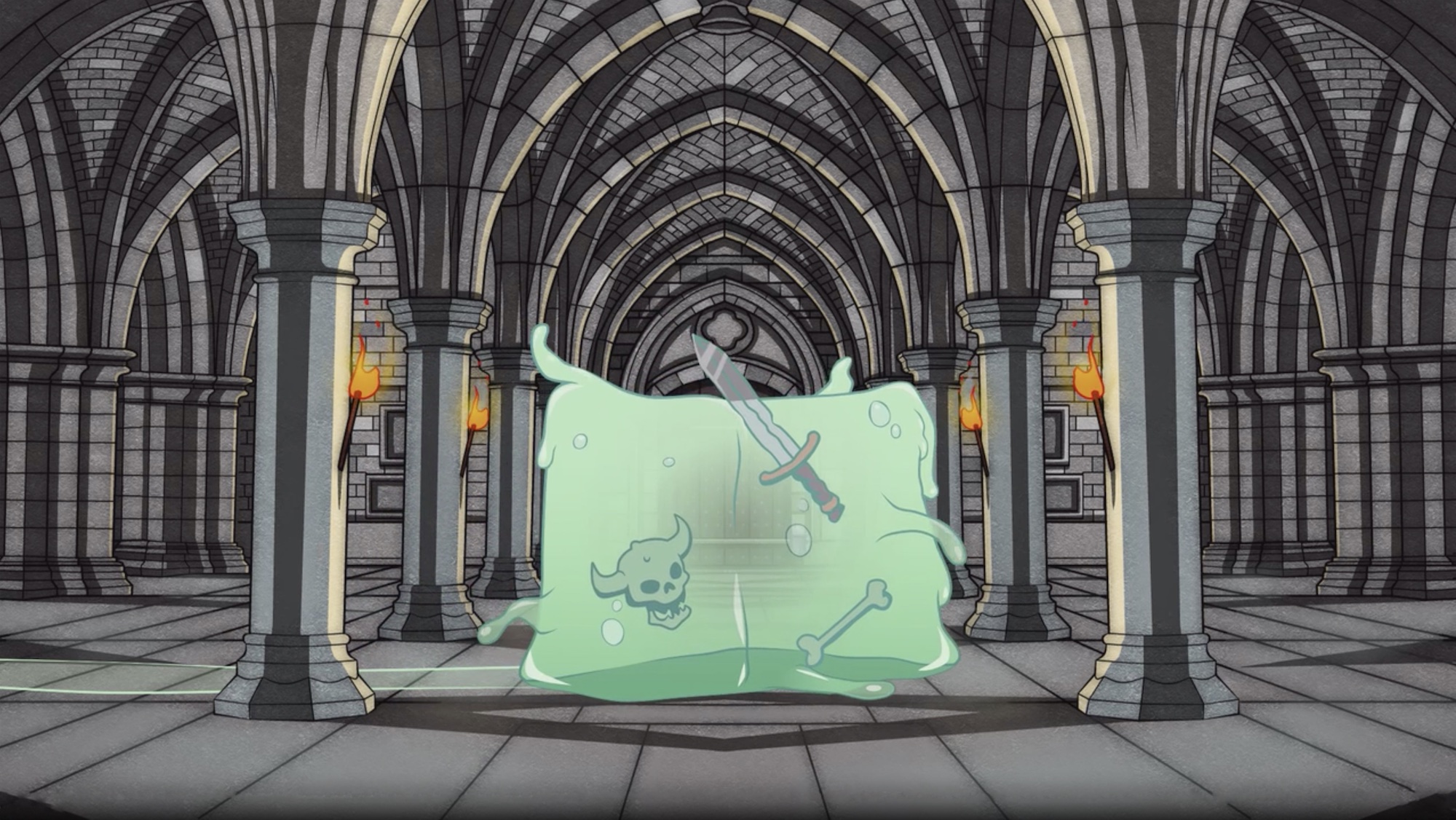
The gutting of a newspaper company can happen with alarming speed.
It was less than three months ago that Alden Global Capital, the gelatinous cube scouring the news industry’s dungeon, bought up about 32 percent of Tribune Publishing, the newspaper chain that owns the Chicago Tribune, the New York Daily News, the Baltimore Sun, and a handful of other metro newspapers. For its efforts, it was rewarded with two of the eight seats on Tribune’s board. It was less than two months ago that Tribune employees really brought their battle into the public eye, with a union petition and a public plea for new ownership in the pages of The New York Times. It was less than one month ago that our Ken Doctor reported that Alden’s professional newsroom bleeders were already operating within Tribune HQ, “guiding” the company in how to X-Acto the company’s less essential organs through cuts and buyouts.This morning, the names in the playbill were moved around in a way that suggests what’s yet to come. From a Tribune press release, emphases mine:
Tribune Publishing Company, one of the nation’s leading media companies, today announced a leadership transition plan that will continue a strategic effort to streamline the company’s operations and position it for the future. The changes became effective January 31, 2020.
Terry Jimenez, the company’s Executive Vice President and Chief Financial Officer, has assumed the role of President and Chief Executive Officer and joined the Board, succeeding Timothy P. Knight, who has stepped down from the Board and will leave the company at the end of February.
Philip G. Franklin, Chairman of the Tribune Board’s Audit Committee, has been appointed Non-Executive Chairman of the Board, succeeding David Dreier, who stepped down as Non-Executive Chairman but will remain on the Board…
“These changes are a natural transition as Tribune Publishing works to reduce its corporate and back-office costs and streamline its real estate footprint,” Mr. Dreier said. “Phil and Terry both have strong financial and operational backgrounds, which are extraordinarily valuable.”
Both Knight and Jimenez have extensive newspaper industry experience, though Knight’s departure would seem to be evidence of the company’s weakened resistance to Alden’s cost-cutting plans.
The board transition doesn’t inspire optimism either. Dreier, a former longtime member of Congress, is chair of the Fallen Journalists Memorial Foundation and has worked on strengthening emerging democracies abroad. Meanwhile, his replacement as board chair, Franklin, has no particular attachment to journalism — but he did have a run as CFO of “a private equity sponsored roll up in the construction equipment industry,” as well as at “Hill Refrigeration, a private company controlled by investor Sam Zell.”
But it’s the language in the release that really brings the point home: “continue a strategic effort to streamline the company’s operations,” “position it for the future,” “reduce its corporate and back-office costs and streamline its real estate footprint.” This is a company that won’t be in this form for much longer, and a company that doesn’t seem to have much of a growth plan beyond cutting costs. That’s despite the announcement’s talk of “invest[ing] in quality, local journalism, which is the key to the company’s long-term success.” Employee buyouts are happening as we speak.
The statement issued by @tribpub today is brazen. It claims it wants to invest in journalism the SAME WEEK it is cutting journalism jobs. One of many reasons the owners of @virginianpilot have a major credibility problem. https://t.co/CsrDtF8cCi
— Brock Vergakis (@BrockVergakis) February 3, 2020
My best friend in the newsroom, who never wanted to do anything but be a reporter, is taking a buyout.
Good job, @tribpub – cut the hell out of reporting staff, bootlick Alden, give obscene amounts of money to incompetent leadership.— Dan Sheehan (@dansheehan56222) February 3, 2020
Alden has agreed not to buy any more shares before June 30. But whether it’s through action after that date or negotiated M&A before it, Tribune is being prepared for some big changes.
It appears the finance guys are taking over @mcall parent, Tribune Publishing. Terry Jimenez, our CFO, elevated to the top job, while board member Philip Franklin, who retired from Littelfuse in 2016 after 17 years as CFO, is now non-executive chairman https://t.co/XZGgG0QQmY
— Jon Harris (@ByJonHarris) February 3, 2020
We need to see new @tribpub leadership better explain how a strategy of cutting to the bone to please Wall Street squares with plans "to invest in quality, local journalism." #SaveLocalNews
— Baltimore Sun Guild ☀️ (@baltsunguild) February 3, 2020
Let's be clear: The cuts being made are only necessary to pad unrealistic profit expectations on Wall Street.
But otherwise, for once, we agree: The focus must be on employees and journalism if this company is going to succeed.
— Baltimore Sun Guild ☀️ (@baltsunguild) February 3, 2020
It's kind of amazing that Tribune – which has laid off or bought out so, so many – is still so, so bad at this. https://t.co/OQ4ey7pmMS
— Chris Krewson (@ckrewson) January 31, 2020
“Ann Barnes, the director of labor relations at Tribune Publishing, made the tone-deaf comment on a recent conference call — insisting that the buyouts will allow people to “end their careers in grace and dignity,” sources said. https://t.co/IBrUzOPa1o
— Tim Morris (@tmorris504) January 31, 2020
“Ann Barnes, the director of labor relations at Tribune Publishing, made the tone-deaf comment on a recent conference call — insisting that the buyouts will allow people to “end their careers in grace and dignity,” sources said. https://t.co/IBrUzOPa1o
— Tim Morris (@tmorris504) January 31, 2020
5 comments:
VljiHafUOPr
964476 480486I really got into this article. I found it to be interesting and loaded with unique points of interest. I like to read material that makes me think. Thank you for writing this great content. 440634
iGTYHkXytrau
gvbQFGVnchYsyoa
zbdWSnFLuIPTxre
Trackbacks:
Leave a comment